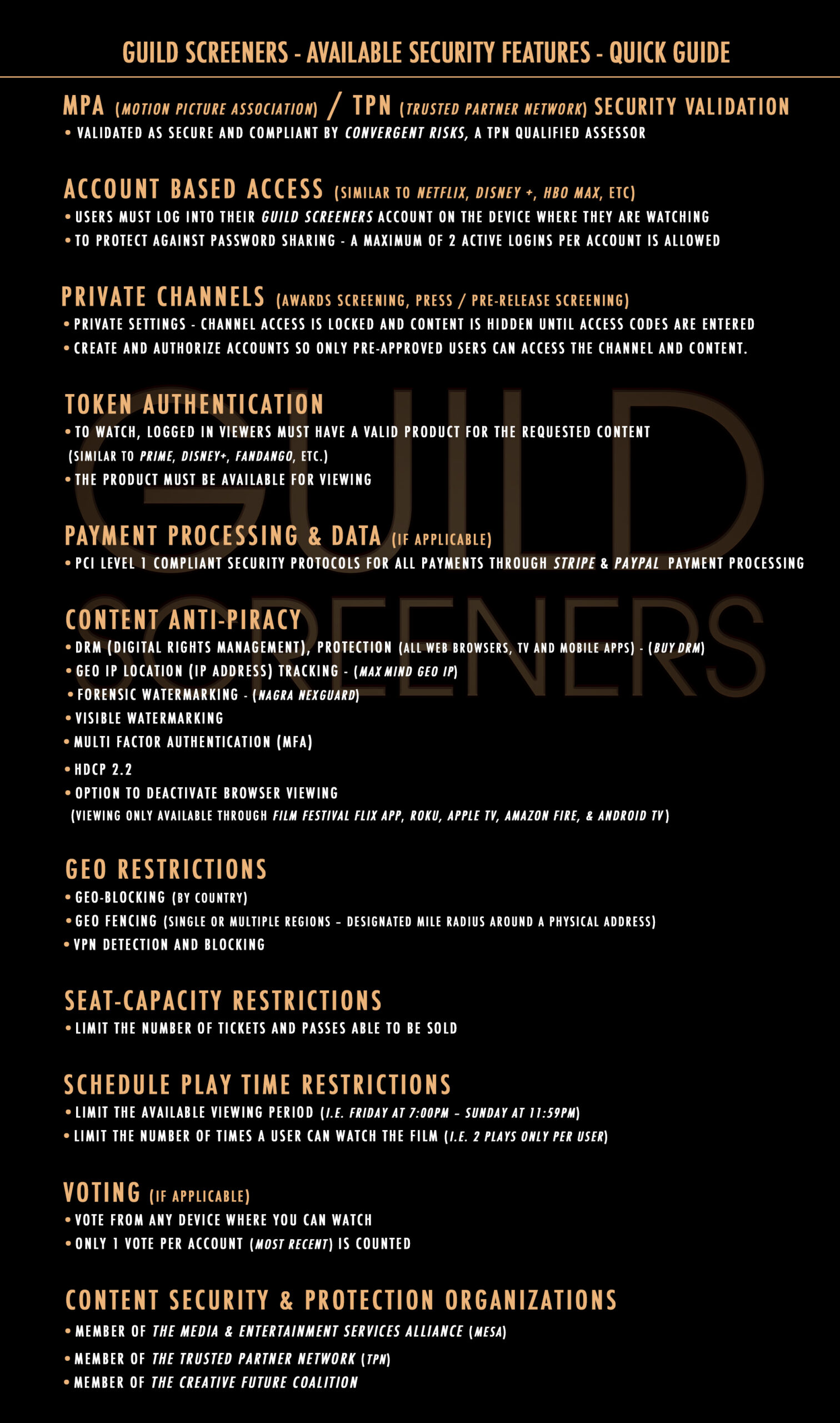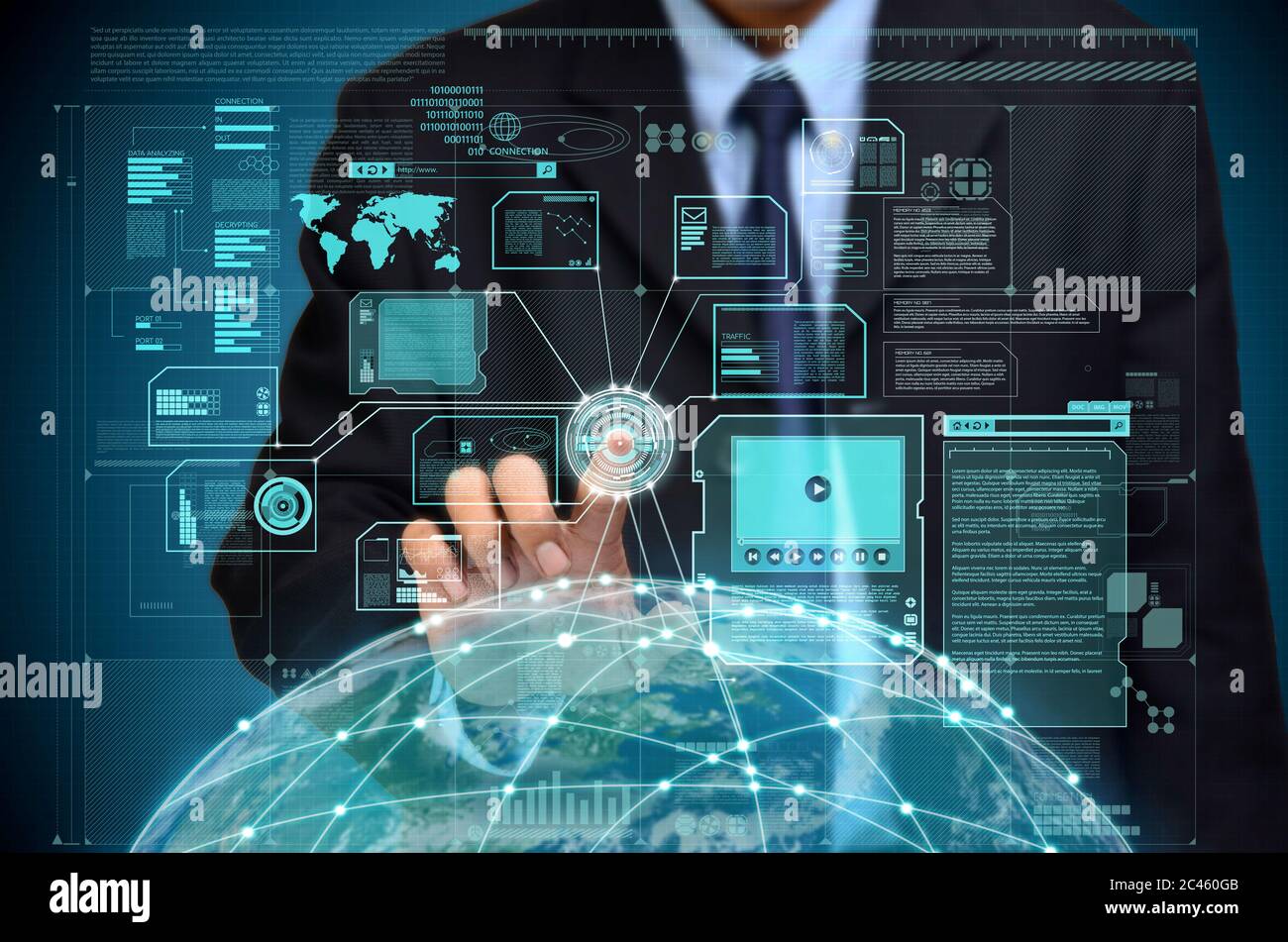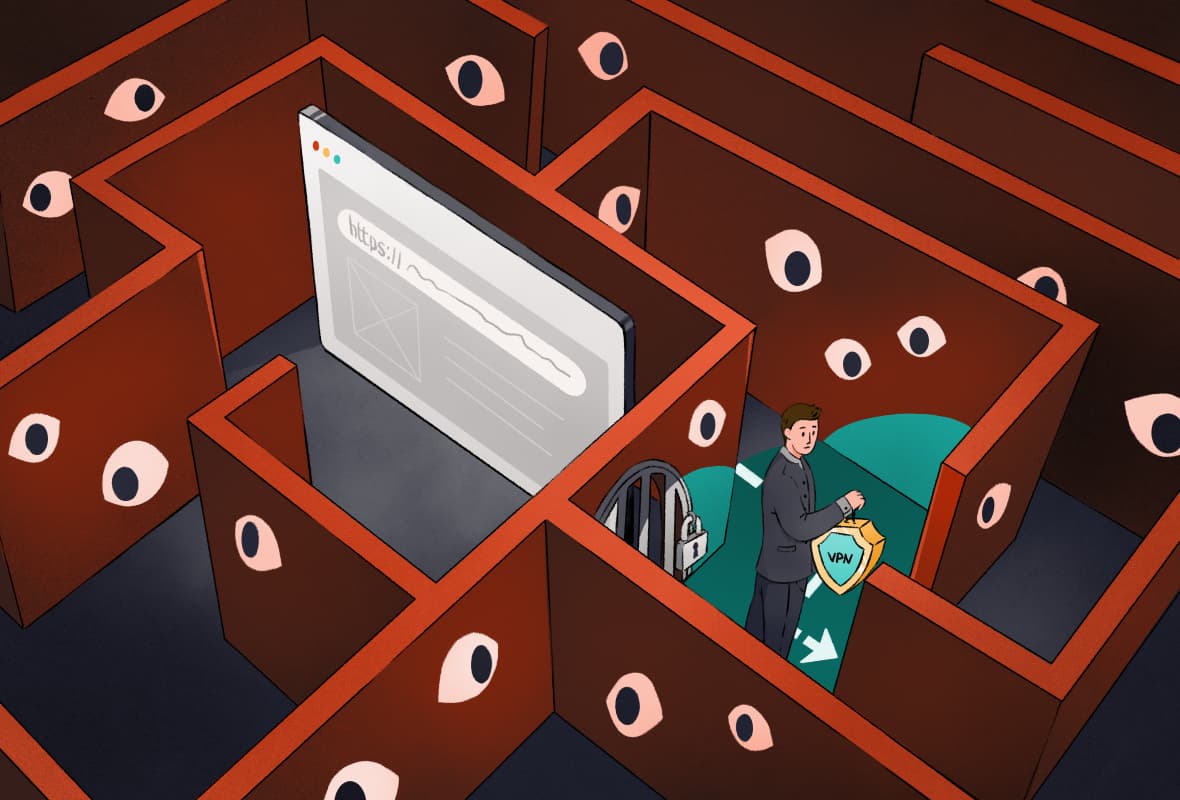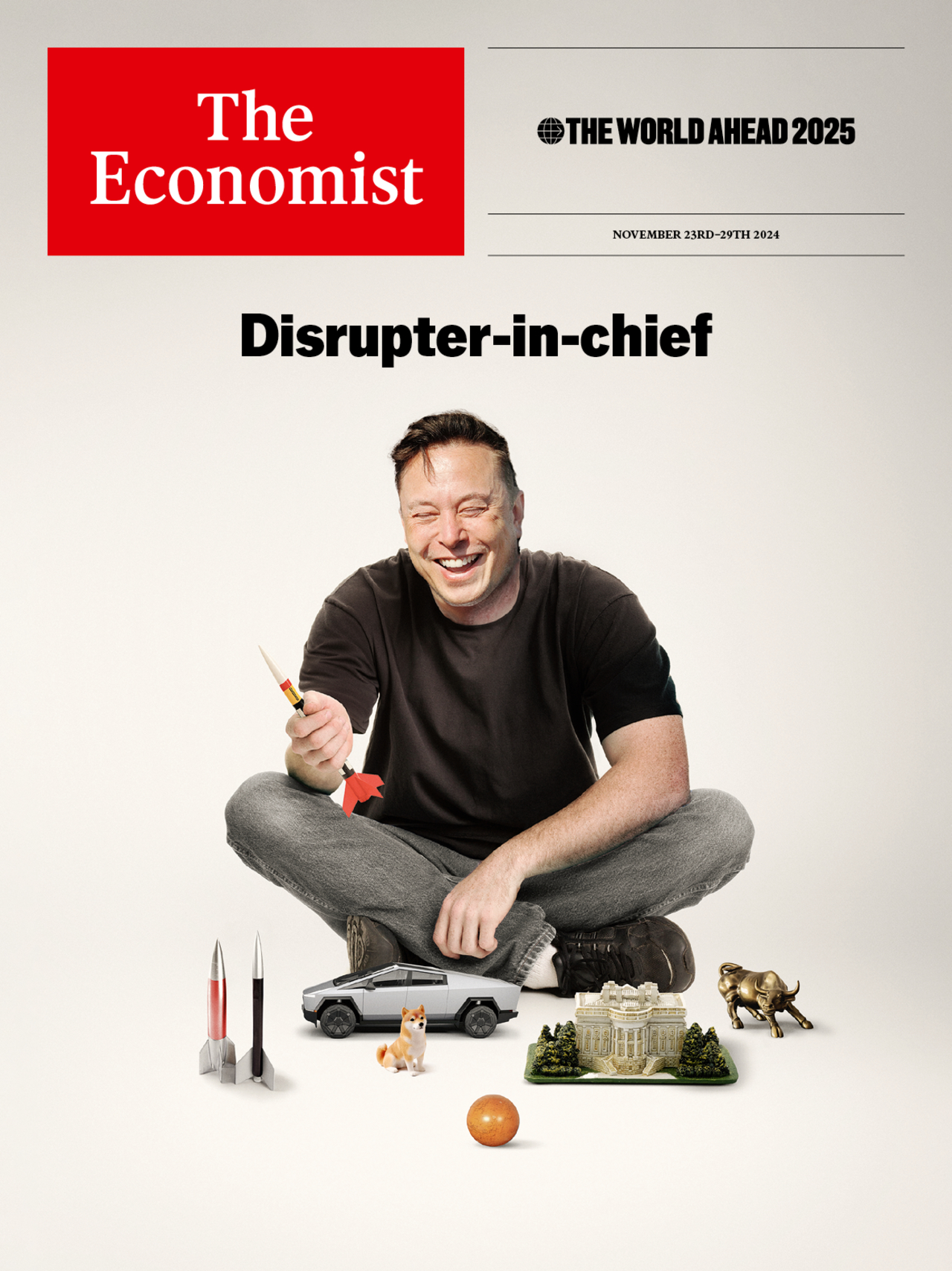
How Geoblocking is Shaping Our Online Experience
In today’s interconnected world, we often take unencumbered access to the internet for granted. But as I recently discovered, geoblocking—a method used by websites to restrict access based on geographic location—can abruptly remind us of these invisible barriers. I attempted to access a popular U.S.-based website, only to be met with the dreaded Error 451, which, as it turns out, indicates the specific content is unavailable in my country. Commonplace as this may be, it begs the question: how does geoblocking impact users like you and me?
What is Geoblocking?
Geoblocking, in its simplest form, is a technological means that prevents users in certain regions from accessing specific websites or online content. It often stems from licensing agreements or regional regulations. For example, streaming services frequently geoblock content that is only licensed for certain countries. Platforms like Netflix and Hulu are notorious for their differing libraries, leaving viewers frustrated when they can’t watch their favorite shows just because of their location.
 The experience of geoblocking across various devices can be frustrating for users.
The experience of geoblocking across various devices can be frustrating for users.
The Frustration of Error 451
Initially, seeing Error 451 pop up can be infuriating. It’s a stark reminder that global access to information is not as straightforward as we might hope. I remember the first time I encountered this; it felt like both a personal affront and a societal issue. Why should my location dictate what I can and cannot access? This type of control over information can stifle creativity, access to vital knowledge, and ultimately, diminish the user experience. It makes me think about the various content providers’ responsibilities and their role in today’s global community.
Implications Beyond Entertainment
Geoblocking extends far beyond streaming services and entertainment media; it has profound implications in various fields, including news and information access, education, and even healthcare. In instances where crucial information related to health and wellness is blocked due to geolocation, it raises ethical concerns. Shouldn’t individuals in every part of the world have equal access to health resources? Similarly, if someone abroad wishes to read a news article on a political scandal affecting people worldwide, geoblocking can render that impossible, leading to skewed perspectives.
 Access to global information is crucial, but geoblocking presents significant barriers to that access.
Access to global information is crucial, but geoblocking presents significant barriers to that access.
Meeting the Challenge with Technology
As an advocate for accessible information, I can’t help but ponder the solution to this predicacy. Virtual Private Networks (VPNs) have become increasingly popular in circumventing such restrictions. By masking your location, a VPN allows you to access content as though you’re in a different country. However, this solution isn’t perfect and often raises questions about legality and ethics. Can we, as consumers, continuously rely on these tools without questioning the broader implications of our actions?
A Call for Change
While the digital walls constructed through geoblocking primarily exist for legal and economic reasons, it’s vital for tech giants and content providers to recognize the impact these practices have on users worldwide. We live in a time where knowledge should be shared freely and openly—a time when barriers built on geography should not dictate what we can learn or enjoy. As digital citizens, we must demand greater transparency and access from content creators and providers.
In conclusion, geoblocking is more than just a technical hurdle—it’s a challenge to our right to access information freely. The world is rapidly changing, and with it comes the responsibility to evolve our online practices to be as inclusive as possible. Without conscious efforts toward breaking down these barriers, we risk perpetuating a digital divide that isolates entire communities from valuable resources and knowledge.
“Knowledge is power. Information is liberating. Education is the premise of progress, in every society, in every family.” – Kofi Annan
Ultimately, the question remains: what kind of internet do we desire? An interconnected space where information knows no borders, or a fragmented ecosystem where people are divided by an invisible line? I, for one, am hoping for the former.















